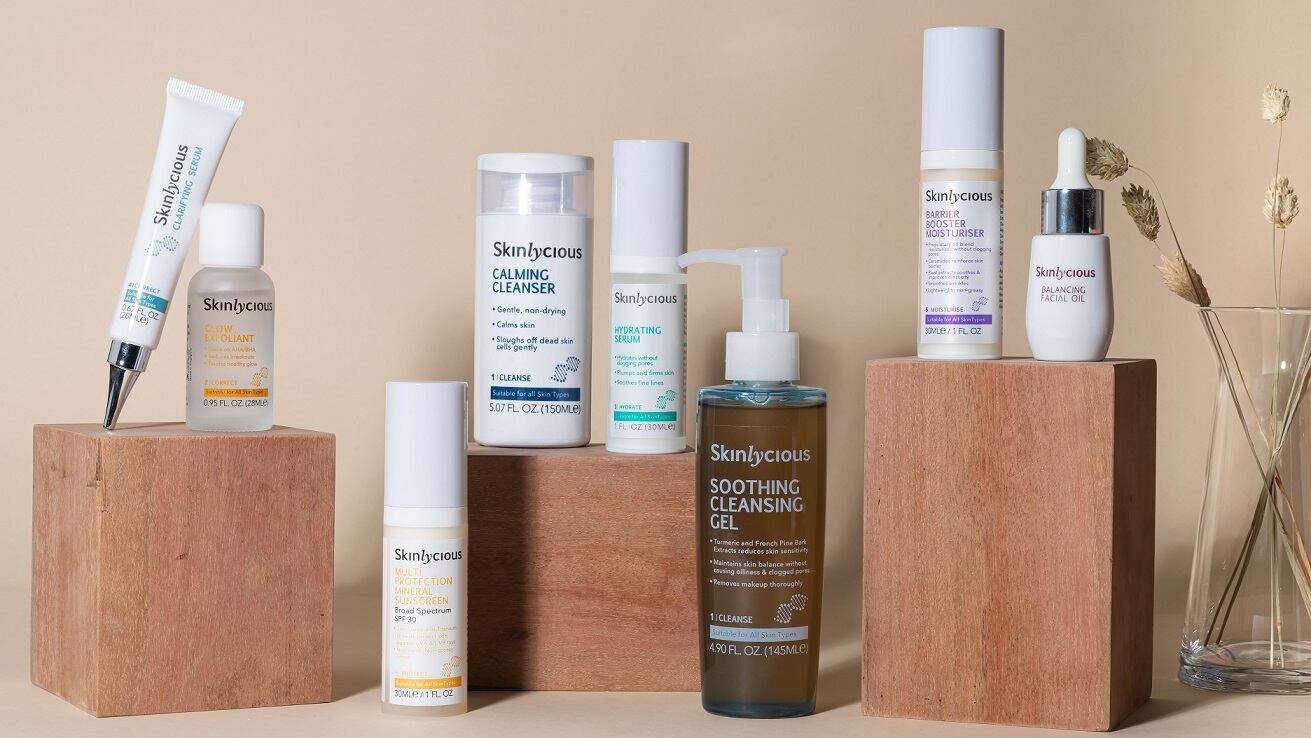1 – Data-backed NPD: Purplle investing into tech that can help it ‘identify the bestsellers of tomorrow’
Indian beauty e-tailer and brand owner Purplle is set to make significant investments into technology that help them identify emerging trends well ahead of the market, after completing a U$75m funding drive.
Founded in 2012, Purplle claims to be one of India’s largest beauty e-tailers that offer over 1000 brands and attracts over seven million monthly active users.
The company also owns a few brands including Purplle, Good Vibes and NY Bae.
In October, announced that it had received U$75m in funding led by Kedaara, Sequoia Capital India and Blume Ventures.
2 – Testing the waters: Lack of in-store testers fuelling the sales of cosmetics on second-hand marketplaces – new survey
A new joint survey conducted by Japanese companies Mercari and istyle Inc has found that Japanese beauty consumers are turning to second-hand marketplaces as a means to try products before committing to a full purchase.
Mercari is a Japanese firm behind a marketplace app that allows users to buy and sell used items. In February 2020, the firm announced a business alliance with istyle, the operator of @cosme, to link product data between the two platforms.
The joint investigation tapped into the @cosme membership database and reached out to 13,800 women aged 15 to 69 via a web survey.
More than half (53.6%) of the respondents reported utilising second-hand marketplaces such as Mercari, Rakuman and Yahoo! Auction. Among this group, 53.8% said that they had purchased cosmetics on the second-hand marketplaces.
3 – Like bees to honey: US-based Honey Girl debuts in China after winning over Alibaba
Honey Girl Organics, a company that uses bee-derived products, was fast-tracked to enter China’s beauty market after winning over Alibaba in the firm’s second annual Go Global 11.11 Pitch Fest.
Honey Girl is a Hawai’i-based company that offers a range of USDA Organic Certified bee-derived products.
The green beauty brand was founded in 2006 by Christina Sirlin, Gwen Maxfield, and Anthony Maxfield. The latter is the current president of the Hawai'i Beekeepers Association.
Aside from honey the products also contain other beehive ingredients such as beeswax, propolis, bee pollen, royal jelly, as well as olive oil.
4 – Lush closing several major global social media accounts – these platforms are the ‘antithesis’ of relaxation
Cosmetics major Lush will close all global social media accounts across Instagram, Facebook, TikTok and Snapchat this month, stating they will remain closed until the platforms provide a safer environment for users.
From November 26, 2021, Lush will close all brand, retail and people accounts on Instagram, Facebook, TikTok and Snapchat and invest in “new ways to connect” with consumers, building up “better communication channels elsewhere”, the company said. The policy would be rolled out across all 48 countries where the cosmetics major operated.
Lush said that, for now, it would maintain its presence on Twitter, YouTube and Pinterest.
In a company statement, Lush said information from “courageous whistleblowers” had outlined “known harms” young people were exposed to due to current algorithms and loose regulation of social media, strengthening its decision to come off select platforms.
5 – Smart and green: How NFC-enabled packaging can help beauty brands aid the environment as well as drive engagement
NFC-enabled packaging can help to minimise the environmental impact of product packaging, in addition to boosting engagement with consumers, claims a company that has recently worked with Paco Rabanne.
The brand recently unveiled a connected bottle for its Phantom fragrance for men.
The refillable robot-shaped bottle is embedded with an NFC chip. Users can simply tap it with their smartphone and gain access to the Phantom Universe, which houses exclusive content such as interactive filters, personalised playlists, and interactive games.
“Now, it's important for brands to exist somehow within the digital space even though their product is a physical product. They can reach out to spend them with the end users. Of course, the point is to bring our what is meaningful to the users because there is plenty of content available to them,” said Curro from electronics firm STMicroelectronics, which is based in Geneva, Switzerland and has operations across the world including the US, France, Singapore, and China.





